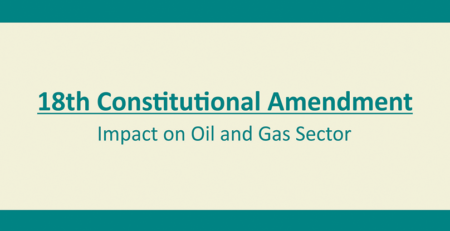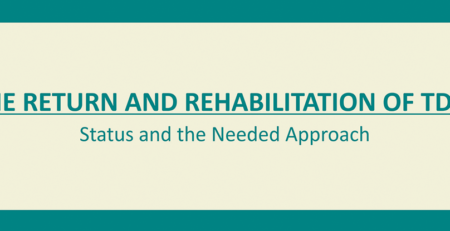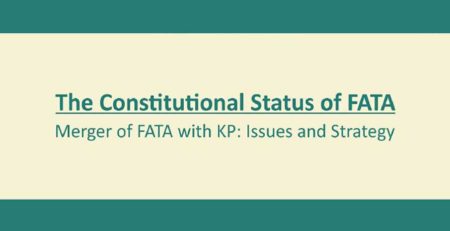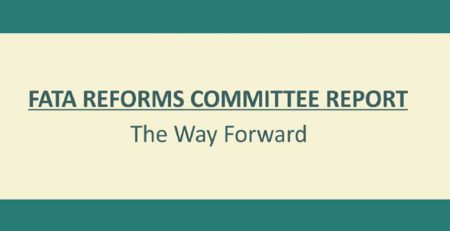Should Pakistan Abolish or Retain Capital Punishment?
Global Movement for Abolition of Death Penalty
The movement for abolition of the death sentence for all crimes is under way in almost all parts of the world at some level or the other. Capital punishment has been termed as an “ultimate and irreversible denial of human rights.”[9] More than two-thirds of the countries of the world (137 in all) have either outlawed capital punishment or have abandoned it practically,[10] although some do allow it in exceptional circumstances, such as treason committed during wartime.[11]
Prior to the Second World War, only eight countries had abolished the death penalty.[12] Since World War II, there has been a consistent trend towards abolition of capital punishment, although the movement has taken some time to gain momentum. By 1977, 16 countries had abolished capital punishment. In subsequent years, the number of countries who took this step increased remarkably; by December 2008, 92 states had completely abolished the death penalty from their legal system. The European Union strictly requires member states not to practice the death penalty.[13] On the global level, international non-governmental organizations (NGOs) like Amnesty International and Human Rights Watch have launched aggressive campaigns to promote abolition while international organizations like the United Nations (UN) and its allied bodies are also advocating it and seeking a universal ban on capital punishment.
The legal argument for the idea is found in the Universal Declaration of Human Rights (UDHR), 1948, which proclaims the right of every individual to protection from deprivation of life and states that no one shall be subjected to cruel or degrading punishment.[14] Article 6 of the International Covenant on Civil and Political Rights (ICCPR)[15] is seen as the first brick of the movement on the basis provided by UDHR. This provision recognizes an “inherent right to life” of every human and prohibits “arbitrary” deprivation of right of life to any individual. This is the first international covenant that makes a clear mention of abolition of the death penalty and asks those nations that retain capital punishment to limit its scope only to “the most serious crimes.”
The UN Economic and Social Council (ECOSOC) adopted the “Safeguards Guaranteeing Protection of the Rights of Those Facing the Death Penalty”[16] in 1984. In the same year, the Safeguards were endorsed by consensus by the UN General Assembly. These Safeguards state that no one under the age of 18 at the time of the crime shall be put to death and that anyone sentenced to death has the right to appeal and to petition for pardon or commutation of sentence. This too is viewed as a step forward towards total abolition of the death penalty on the global level.
An important development, however, took place in 1989, when the UN General Assembly adopted the Second Optional Protocol to the ICCPR,[17] which categorically states in Article 1 that “No one within the jurisdiction of a State Party to the present Protocol shall be executed.” This protocol was adopted by 59 votes in favor, while 26 opposed it and 48 abstained.[18] Seventy-one countries had become parties to this Protocol by June 18, 2009.[19] Subsequently, the UN Commission on Human Rights (UNCHR) passed a resolution calling on all states that still maintained the death penalty to progressively restrict the number of offenses for which it may be imposed with a view to completely abolishing it.[20] The most recent significant development in this regard has taken place in 2007, when the UN General Assembly adopted a resolution calling for a moratorium on the use of the death penalty; 104 UN member states favored the resolution, 54 voted against it and 29 abstained.[21]
[9] Amnesty International USA, “Death Penalty.”
[10] Amnesty International USA, “International Death Penalty.”
[11] Wikipedia, s.v. “Capital Punishment,” . http://en.wikipedia.org/wiki/capital_punishment (accessed March 21, 2009).
[12] Walton, Second Optional Protocol.
[13] Council of Europe, “Protocol No. 6 to the Convention for the Protection of Human Rights.“
[14] Articles 3 and 5. (The full text of the Declaration may be viewed at http://www.un.org/Overview/rights.html).
[15] UN General Assembly, “International Covenant on Civil and Political Rights.”
[16] UN Economic and Social Council, “Safeguards guaranteeing protection of the rights of those facing the death penalty.”
[17] UN General Assembly. “Second Optional Protocol to the International Covenant on Civil and Political Rights, aiming at the abolition of the death penalty.”
[18] Ibid.
[19] UN, “Databases.”
[20] UN Commission on Human Rights, “Question of Death Penalty.”
[21] Amnesty International, “UN General Assembly Resolution 62/149: Country Votes.”











